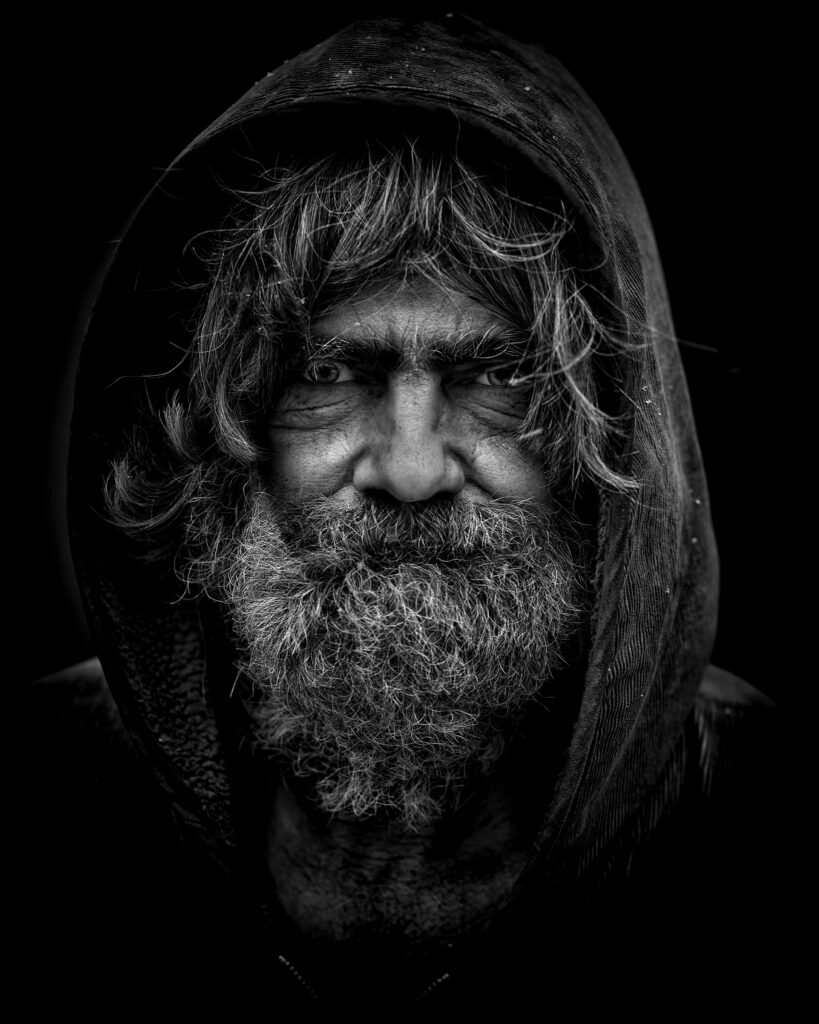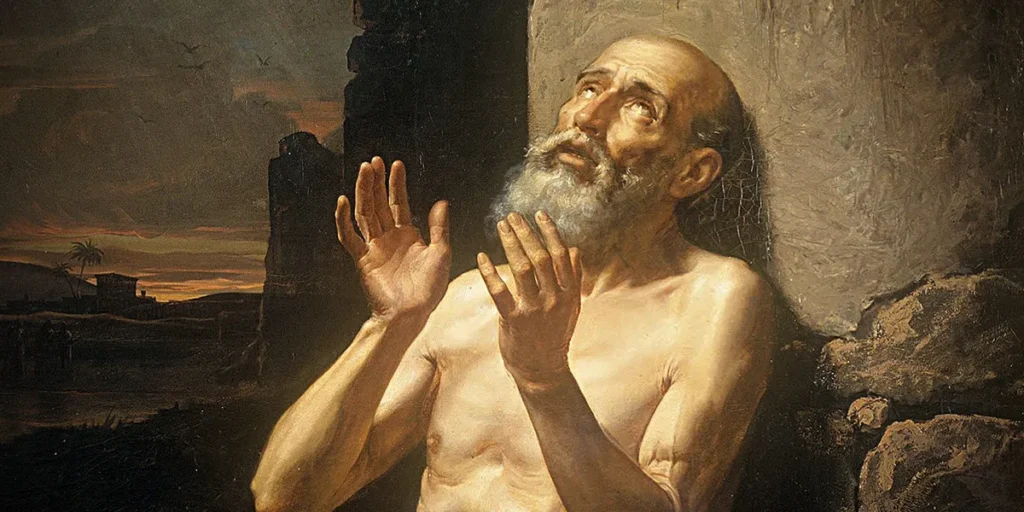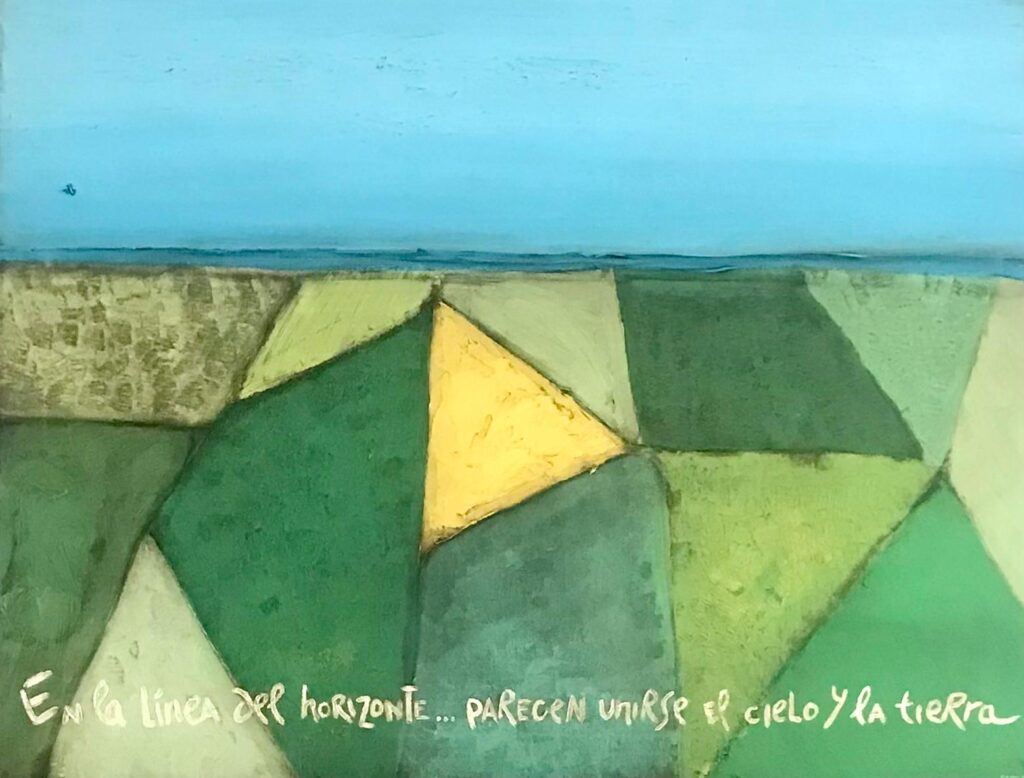Cardinal Arizmendi: Synod and the poor
Let us try to take up the cause of the poor and fight for their dignified life

Cardinal Felipe Arizmendi, bishop emeritus of San Cristóbal de Las Casas and responsible for the Doctrine of the Faith in the Mexican Episcopal Conference (CEM), offers the readers of Exaudi his weekly article entitled “Synod and the poor”.
***
LOOK
Both in the past and the present, those who speak about the preferential option for the poor are branded by some as communists, Marxists, and leftists, as if this option were not essential to Christianity. For some time, theologians who promoted liberation theology were condemned as if they were heretics and betrayers of the message of Jesus. The Latin American Church assumed this option at the Second General Conference of the Latin American Episcopate in Medellín (1968), and it was ratified in Puebla (1979), in Santo Domingo (1992) and Aparecida (2007).
Pope Francis, who since the beginning of his pontificate has insisted several times on this essential dimension of our faith, is not lacking in those who attack him fiercely for it. When he went to the United States (19-28 September 2015), Time magazine published his photo on the front page, but with this question: Is Francis a Catholic? And all because the Pope, as did Paul VI, John Paul II and Benedict XVI, has expressed that we are not faithful to Jesus if we do not assume His presence in the marginalised, as He Himself declared in Matthew 25:31-46.
DISCERN
The recent first assembly of the Synod of Bishops made a statement on this issue. It is a position taken in a convergent way by the representatives of the Church present there from all over the world. I will highlight only the most important points made in the Synthesis Document:
The poor, protagonists of the Church’s journey.
Convergences
The poor ask the Church for love. Love means respect, welcome and recognition, without which giving food, money or social services is certainly an important form of assistance, but which does not take full account of the dignity of the person. Respect and recognition are powerful instruments for activating personal capacities, so that each person is the subject of his or her own path of growth and not the object of the assistance of others.
The preferential option for the poor is implicit in the Christological faith: Jesus, poor and humble, befriended the poor, walked with the poor, shared the table with the poor and denounced the causes of poverty. For the Church, the option for the poor and discarded is a theological category rather than a cultural, sociological, political or philosophical one. According to St. John Paul II, God grants them mercy first. This divine preference has consequences for the life of all Christians, who are called to nourish “the same sentiments of Christ Jesus” (Phil 2:5).
There is not just one type of poverty. Among the many faces of the poor are those who do not have what is necessary for a dignified life. There are also those of migrants and refugees; indigenous peoples, native peoples and people of African descent; those who suffer violence and abuse, particularly women; people with addictions; minorities who are systematically denied a voice; the abandoned elderly; victims of racism, exploitation and trafficking, particularly minors; exploited workers; the economically excluded and others who live on the peripheries. The most vulnerable of the vulnerable, for whom constant advocacy is needed, are children in the womb and their mothers. The Assembly is aware of the cry of the “new poor”, produced by the wars and terrorism that plague many countries on several continents, and condemns the corrupt political and economic systems that cause them.
Alongside the many forms of material poverty, our world also knows forms of spiritual poverty, understood as a lack of meaning in life. Excessive preoccupation with oneself can lead to seeing others as a threat and to becoming closed in oneself.
To be at the side of the poor is to engage with them also in the care of our common home: the cry of the earth and the cry of the poor are the same cry.
The Church’s commitment must go to the root causes of poverty and exclusion. This includes acting to protect the rights of the poor and excluded, and may require public denunciation of injustices, whether perpetrated by individuals, governments, companies or social structures. Listening to their demands and views to give them a voice, using their words, is crucial.
Christians have a duty to commit themselves to active participation in building the common good and defending the dignity of life, inspired by the Church’s social doctrine and acting in various ways (involvement in civil society organisations, trade unions, popular movements, grassroots associations, politics, etc.). The Church expresses its deep gratitude for their action. The communities support those who work in these fields in an authentic spirit of charity and service. Their action is part of the Church’s mission to proclaim the Gospel and to collaborate in the coming of the Kingdom of God.
In the poor, the Christian community encounters the face and flesh of Christ, who became poor for our sake, so that we might be enriched by his poverty (cf. 2 Cor 8:9). It is called not only to draw near to them, but to learn from them. If doing synod means walking alongside the One who is the way, a synodal Church needs to put the poor at the centre of all aspects of her life: through their sufferings she has a direct knowledge of the suffering Christ. The similarity of their life to that of the Lord makes the poor heralds of a salvation received as a gift, and witnesses to the joy of the Gospel.
Issues to be addressed
In some parts of the world, the Church is poor, with the poor and for the poor. There is a constant risk, to be carefully avoided, of considering the poor, in terms of “them” and “us”, as “objects” of the Church’s charity. Putting the poor at the centre and learning from them is something the Church must increasingly do.
The prophetic denunciation of situations of injustice and the pressure on political decision-makers, which requires recourse to forms of diplomacy, must be kept in dynamic tension so as not to lose lucidity and fruitfulness.
Action in the fields of education, health and social care, without discrimination or exclusion of anyone, is a clear sign of a Church which promotes the integration and participation of the least in itself and in society. They are invited to avoid an impersonal style of living charity. They are also urged to network and coordinate.
The Church must be honest in examining how it respects the demands of justice towards those who work in related institutions, in order to witness to its consistency with integrity.
In a synodal Church, a sense of solidarity is also manifested in the exchange of gifts and the sharing of resources between local Churches in different regions. In the same way, we must work to ensure that financial aid does not degenerate into handouts, but promotes genuine evangelical solidarity and is managed in a transparent and reliable manner.
Proposals
The Church’s social doctrine is too little known a resource to re-invest in it. The local Churches must commit themselves not only to making its content better known, but also to encouraging its appropriation through practices that put its inspiration into practice.
Let the experience of encounter, of sharing life and of serving the poor and marginalised become an integral part of all formation programmes offered by Christian communities: it is a requirement of faith, not an option. This is particularly true for candidates for ordained ministry and consecrated life. As part of the rethinking of diaconal ministry, a greater orientation towards service to the poor should be promoted.
ACT
What is your attitude to the poor? May we be like Jesus; may we seek to take up the cause of the poor and fight for their dignified life.
Related

Job, the Mystery of Suffering
Francisco Bobadilla
31 March, 2025
6 min

Emilio Girón: Stubbornness and Tinto de Verano
Exaudi Staff
30 March, 2025
5 min

Facing Divorce as a Christian Couple
Laetare
28 March, 2025
2 min

Mars Colonization: Technological Progress or Threat to Human Dignity?
Observatorio de Bioética UCV
28 March, 2025
9 min
 (EN)
(EN)
 (ES)
(ES)
 (IT)
(IT)

